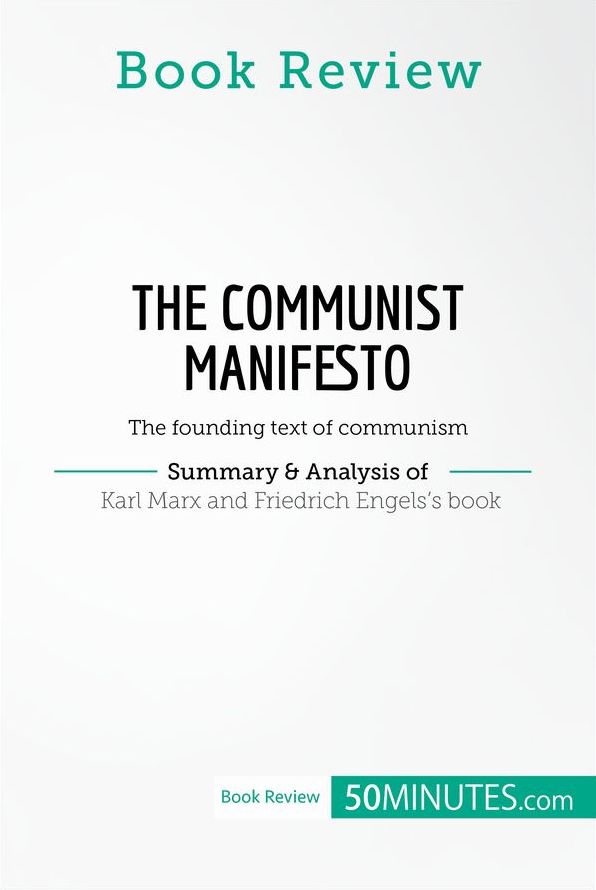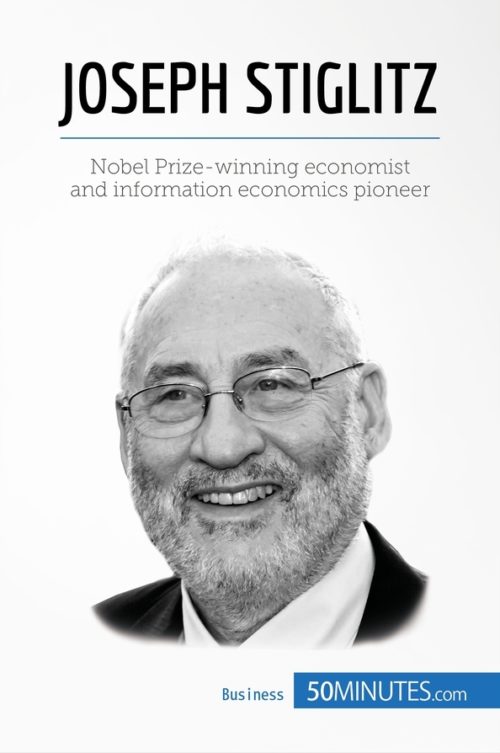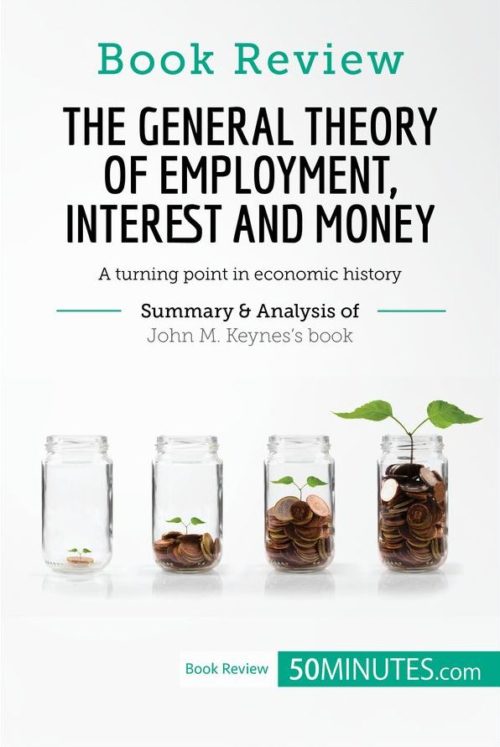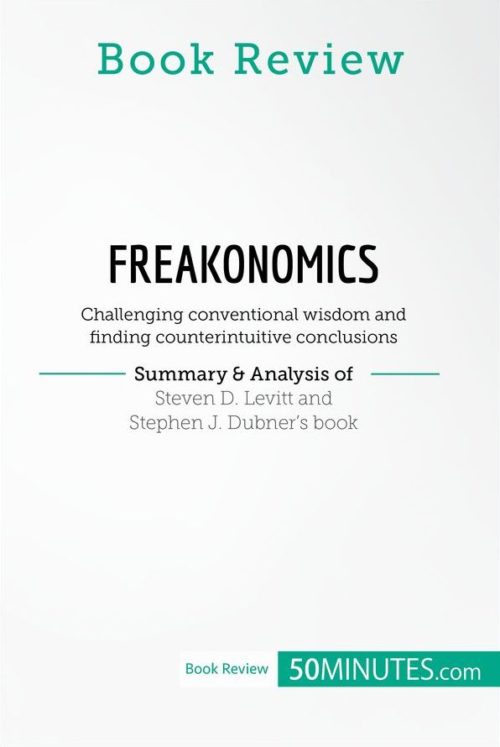Book Review: The Communist Manifesto by Karl Marx and Friedrich Engels
Book Review: The Communist Manifesto by Karl Marx and Friedrich Engels
Read more
The Communist Manifesto is one of the most influential works of political theory ever written
In The Communist Manifesto, Karl Marx and Friedrich Engels set out their belief that human relations have always been defined by class struggle and that the capitalist system is unsustainable in the long term. According to them, a revolution of the proletariat will inevitably lead to a communist society which is ruled by the majority, for the benefit of the majority. This clear and detailed summary and analysis is a valuable resource for anyone who wants to understand Marx and Engels’ pamphlet: it features a thorough explanation of the authors’ aims, the main concepts underpinning their work, such as the means of production and the development of the bourgeoisie, and the contextual background to their work, including the end of feudalism and the rise of increasingly unequal industrial societies. It also provides an introduction to Marxism in practice, the main criticisms of Marx and Engels’ ideas and the legacy of their work, giving you everything you need to understand this influential text in just 50 minutes.
This accessible and insightful 50-page summary and analysis is structured as follows:
- The Communist Manifesto
- Context
- The authors: Karl Marx and Friedrich Engels
- Context and background
- Summary of The Communist Manifesto
- Introduction
- Section One: Bourgeois and Proletarians
- Section Two: Proletarians and Communists
- Section Three: Socialist and Communist Literature
- Section Four: Position of the Communists in Relation to the Various Existing Opportunity Parties
- Impact of The Communist Manifesto
- Reception
- Criticism of Marx and Engels’ approach
- Legacy
- Summary
About The Communist Manifesto
The Communist Manifesto was written in 1848 as a manifesto for the League of the Just, an international Christian communist revolutionary organisation. It served as the inspiration for revolutions in Russia, Cuba and China, among others, making Marxism one of the fundamental political ideologies of the 20th century.
About Karl Marx and Friedrich Engels
Karl Marx was a German philosopher and social scientist who is best known as the founding father of Marxism. As well as The Communist Manifesto, he wrote Capital, in which he explores his ideas about capitalism and a potential communist society in greater detail. Though Friedrich Engels has often been somewhat overshadowed by his co-author, his ideas were essential to The Communist Manifesto. He also wrote The Living Conditions of the Working Class in England, based on his visits to several English cities with his partner Mary Burns.
Product details
| ISBN | 9782808016926 |
|---|---|
| Publisher | Plurilingua Publishing |
| Series | 50MINUTES.COM – Book Review |
| Format | |
| Pages | 50 |
| File size | 2.8 MB |






